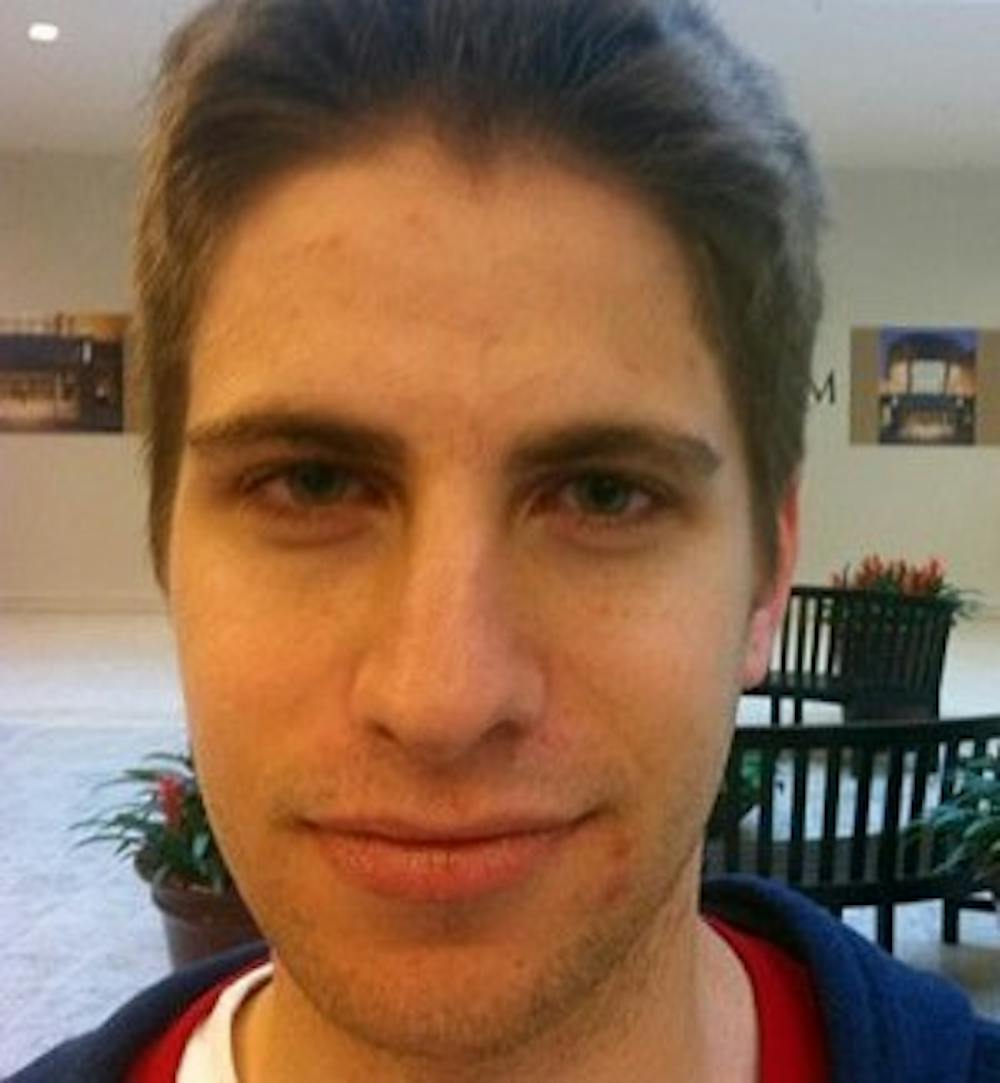Alum, Son Of "Proud Homophobe," Says It Gets Better


Isaac Katz (who graduated this past spring) has come out of the closet very publicly, with a message for disheartened gay youth everywhere. In light of all the recent attention devoted to columnist Dan Savage's It Gets Better campaign, his might just seem like another voice in the crowd, right? Not when you take into account that Katz's father is Jonathan Katz, the WashU physicist who was removed from the Deepwater Horizon crisis team after his 1999 essay "In Defense of Homophobia" was made public. A particularly jarring snippet from the elder Katz's paper (and the highlights of his son's response) are available after the jump.
Jonathan Katz's particularly interesting take on the AIDS epidemic provided some of the strongest fuel for the fire surrounding his removal from the crisis team.
Unfortunately, the victims are not only those whose reckless behavior brought death on themselves. There are many completely innocent victims, too: hemophiliacs (a substantial fraction died as a result of contaminated clotting factor), recipients of contaminated transfusions, and their spouses and children, for AIDS can be transmitted heterosexually (in America, only infrequently) and congenitally. The icy road was lined with unsuspecting innocents, who never chose to ride a motorcycle. Guilt for their deaths is on the hands of the homosexuals and intravenous drug abusers who poisoned the blood supply. These people died so the sodomites could feel good about themselves.
My father is a physics professor at Washington University. Years ago, he wrote an article on his personal website in which he justified homophobia as a "moral judgment" about a person's actions. Even if one does not accept Judeo-Christian morality, he wrote, gays should be shunned because they are physically and morally responsible for the AIDS epidemic. Any person "cursed with unnatural sexual desires" should suppress those desires. Further, even if gays are thoroughly safe and monogamous, they are still morally culpable for the promiscuity that spread AIDS in the past, just as people who join the Ku Klux Klan without physically engaging in violence still share the responsibility for past Klan actions. Though one should "not engage in violence against homosexuals," my father argued, one should 'stay away from them." The last line of the essay is as follows: "I am a homophobe, and proud."
It is harder to stay away from homosexuals, I would imagine, when your son is one. When I told my dad I was gay, his immediate response was, "No, you're not." (My mom, by the way, was and is more supportive.) When my insistence finally overrode his denials, he echoed his online essay that I should deny who I am rather than to engage in an act so abhorrent as to love another man.
...
I can't change my dad's thoughts about homosexuality overnight. Underlying his opinions and those of other homophobes is the belief that homosexuality is not ingrained within gay men and women, that someone attracted to people of the same sex should simply choose not to be a "practicing homosexual." That this idea is absurd should be obvious to all straight people, unless they can identify a time in their lives when they chose to be straight and not gay, and would gladly become intimate with a same-sex partner if only they chose to.
Last spring, almost three years after attempting suicide, I graduated cum laude from the University of Pennsylvania. Once I accepted myself, coming out to my parents was a rather easy thing to do. Telling them that I wanted to use my outrageously expensive college degree to move to Los Angeles and try to make it as a screenwriter was rather more difficult for me to work up the nerve.
Americans' increasing acceptance of homosexuality is proof that, indeed, it does get better. I still live in St. Louis and am hopeful and optimistic that I will begin film school next fall — my parents did manage to convince me that hurrying off to LA with little more than the clothes on my back and a dream would probably not be the best way to break into an industry as insular as the film world. I am happier than I have been in many years. To struggling gay and lesbian teens in St. Louis and beyond, then, as a young gay man I gladly repeat Dan Savage's words: It does get better.